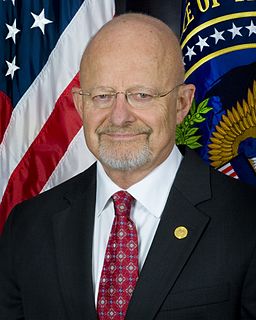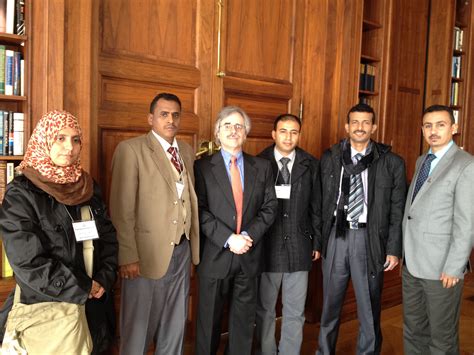A Quote by Asha Rangappa
I know firsthand from my experience working counterintelligence investigations for the FBI that kicking a diplomat out of the country is no small thing.
Related Quotes
FBI directors serve at the pleasure of the president, but they often have terms that transcend partisan transfers of power at the White House. Firing an FBI director is a major problem from the point of view of a president who is already facing significant questions about investigations already underway.
Before the election, I reported on a story about a counterintelligence officer from another service sending reports to the FBI saying that his sources in Russia were saying that Moscow tried for years to cultivate and co-opt Donald Trump. I'm not saying that happened. I'm saying I hope the FBI took a strong look, because it is really hard to believe that a president-elect would be so callous in how he approaches this issue and so dismissive of the seriousness of it.
In our counterterrorism cases and our counterintelligence cases, we can issue all kinds of - of layers of approval in the FBI, a national security letter to find out the subscriber to a particular telephone number and to find out what numbers that telephone number was in contact with. Not the content of those communications, but just the connection.






























